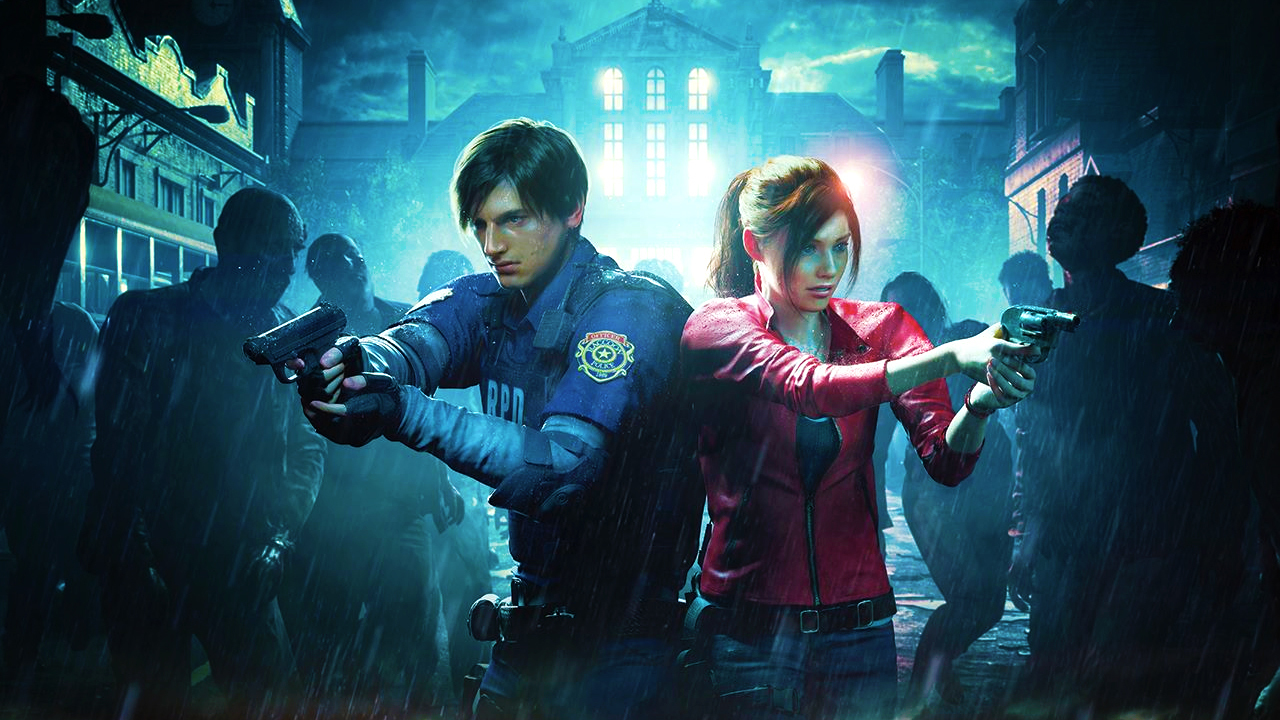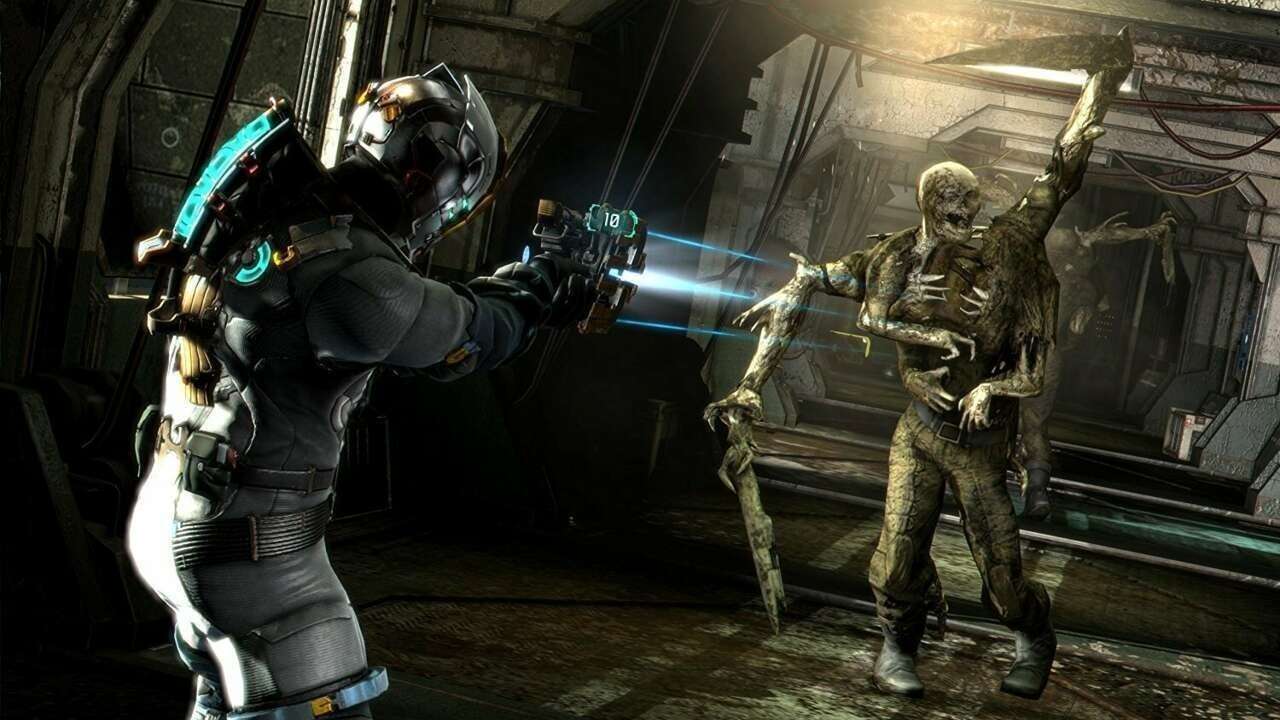In 2023, We Still Can’t Decide What A Remake Is
Are you excited for any of the dozens of high-profile video game remakes, remasters, and reimagingings that will come out in 2023? Perhaps you’re a hardcore Dead Space fan who’s been enjoying the limb-blasting action of the remake, or you’re a Resident Evil aficionado desperate to see how Capcom improves on one of the series’ best entries with RE4.
But while it’s always nice to see an old favorite revived for a new generation of players, the gaming industry’s obsession with revivals has led to a large degree of definitional confusion. Some of us might know exactly what we’re talking about when it comes to remasters, remakes, and reimaginings, but it’s fair to say that not everyone is on the same page. Thanks to the steady march of technology–and the ballooning of video game budgets at the top end–these once-straightforward terms have “evolved” to the point where no one quite knows what they mean anymore.
It’s important to note that these terms are not native to video games–they’re loanwords crafted by artists in other mediums. The term “remake” first emerged in the early film industry, where studios would regularly reshoot a similar script with updated technology for an easy payday. Some directors even remade their own movies, from Alfred Hitchcock’s The Man Who Knew Too Much to Yasujiro Ozu’s Floating Weeds. Similarly, “remaster” comes from the world of recorded music, where audio engineers use EQ tools that impact loudness and compression to make an old recording sound differently than before.
The concept of video game remakes dates back far further than you might expect. Ports and conversions of arcade games to home hardware can be considered a sort of proto-remake. Sierra remade the original 1986 Space Quest just five years later in 1991, using an improved game engine to achieve significant technical improvements, like 256-color support. As the era of floppy discs gave way to CD-ROMs, games would be remastered and re-released to take advantage of similar technological advances, with remixed music, improved graphics, and the like.
Over the years, two static definitions for these terms have emerged: a remaster is a version of a game that improves or recrafts its existing assets to a degree that is ultimately faithful to the original product. A remake is a new version built on the skeleton of the old, but updated for modern standards or tastes. Ultimately, remasters respect limitations; remakes seek to overcome them. However, that line isn’t always as clear as we’d like it to be.
Consider The Last of Us Part 1, one of the few games that’s received both a “remaster” and a “remake” in the nigh-decade since its original release. While the 2014 remaster was essentially just a fresh paint-job for an already great-looking game, this year’s remake completely overhauled its visuals, from character models to lighting. However, while it added new features like key accessibility options, improved melee combat, and more advanced AI, the overall package is ultimately conservative by modern boundaries of what a “remake” can be.
This tension becomes more apparent when you compare museum pieces like The Last Of Us Part 1 to older games that need a bit more help to connect with modern audiences. 2019’s Resident Evil 2 is by far one of the most critically-acclaimed remakes of recent years, but its over-the-shoulder camera and propulsive pace have so little in common with the classic survival-horror gameplay of the PS1 original that it’s difficult to even know where to begin. All you have to do is look to the tank controls and fixed camera angles of the equally-beloved Resident Evil 1 remake to see how a more faithful RE2 project might look.

Then again, developers may run the risk of being too faithful to these classic games. For example, Bluepoint’s Demon’s Souls remake garnered praise for its beautiful environments, but some players who had grown used to the more-fluid combat systems of the later Souls games found the original a bit too stiff for comfort. And even as critics praised the remake’s aesthetics, some felt that the enemy redesigns strayed too far from the original. When you’re playing with nostalgia, it seems that you simply can’t please everyone.
Then there is Dead Space, which is the most confusing of all: a remake of a beloved game that also serves as a de facto revival of a franchise that’s lain dormant for the better part of a decade. These terms became so confused in the lead-up to the game’s 2023 release that it was perhaps best to avoid it entirely. However, you could argue that’s a risk you run when you decide to reboot a famous franchise with a remake. (See what I mean?) Given the game’s success, it’s fair to say that most consumers managed to sidestep the confusion.
Personally, I would argue that the root of all this befuddlement comes from the uncertainty of the term “remake” itself. The vague boundaries drawn by the word are simply too broad, ranging from the careful restoration of a Bluepoint to the to-the-foundation teardown of a Capcom. Adopting more specific terms could help us understand exactly what we’re getting when we buy a game. When Myst developer Cyan recently announced a “modern remake” of the classic Riven, what exactly does that mean for people who have already played the original? We’re expected to wait and see.
Perhaps faithful remasters could be termed “rebuilds,” or perhaps “restorations.” From my perspective, I feel that many of the more ambitious remakes out there should be termed “reimaginings” in retrospect. Once you’re adding new mechanics, making non-visual changes to level design, or outright rewriting the way a game plays, are you really remaking a game? Or are you making an entirely new version of it? Existing terms like “reimagining” announce that intention.
As long as nostalgia continues to sell, there will continue to be endless reams of remakes on the shelves of Steam and other digital storefronts–some of games that weren’t good in the first place. And while not every one can be worth your money and time, the adoption of more specific terms–whatever they end up being–would ultimately help players dredge through the pile of familiar games that much quicker.
The products discussed here were independently chosen by our editors.
GameSpot may get a share of the revenue if you buy anything featured on our site.
Check out our Latest News and Follow us at Facebook
Original Source







